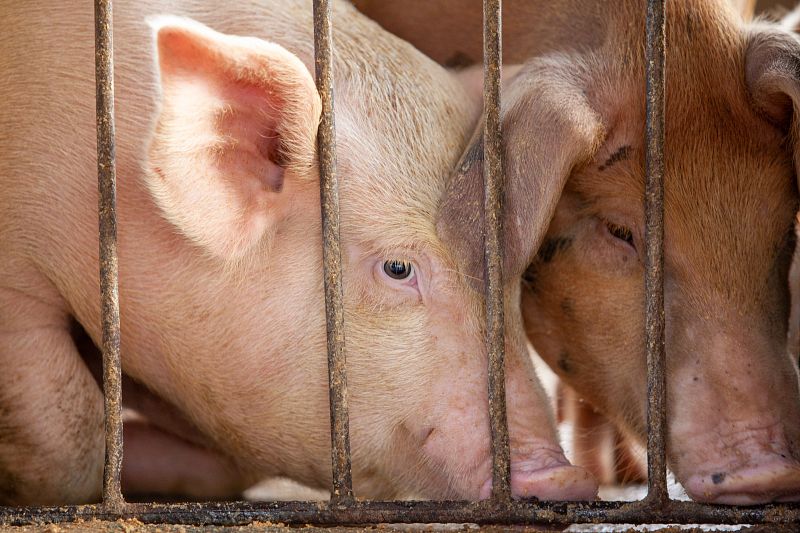Mixing Animal Hearts With Human Bodies Is Dangerous and Costly

There’s no question that breakthroughs are needed for the 106,074 Americans waiting for transplants. In a tragic failure to meet their needs, we leave stones unturned as thousands of those waiting die each year.
David Bennett Sr. did not die waiting for a transplant. In January he received a xenotransplant, a pig heart that was supposedly clear of pathogens and that had been genetically modified to prevent it from attacking his immune system. Just two months later, though, Mr. Bennett had died.
Recent evidence indicates that the pig heart used in Mr. Bennett’s xenotransplant was infected with a pig virus called porcine cytomegalovirus, which is difficult to detect and which may well have led to his demise. The presence of this virus is damning. The donor pig was held in a laboratory environment that was touted as “disease-free.” The pig was also extensively screened for pathogens, but researchers were unable to detect the virus.
With livestock plants as hotspots for COVID-19 outbreaks, and with climate change increasing the risk of cross-species viral transmission, it’s urgent that we reduce our exposure to zoonotic threats. There are ways to address the organ shortage without posing risks of cross-species viral transmission.
Human organ donation can be improved by increasing donation through educational tools, opt-out donor registration policies, optimized living donation, and expanded donor criteria. Human organ donation can also be improved by investing in research to advance transplant allocation, to preserve organs longer, and to advance the diagnosis and management of organ rejection.
Major steps can be taken to reduce the need for transplantation in the first place. Research to understand heart disease and develop novel drugs is a key step. Innovative technologies like a heart-on-a-chip can reliably model human heart tissue and advance drug discovery and testing pipelines. Preventive measures are also crucial. By shifting the American diet away from foods high in cholesterol and saturated fat to a diet rich with plant-based foods, heart disease can be prevented, delayed, and even reversed.
These are all viable options for addressing the transplant needs of Americans that don’t require the creation of a new type of farming and the public health risks and profound moral questions that come along with it. It’s time to stop fiddling with xenotransplantation and instead invest in strategies proven to help patients.








